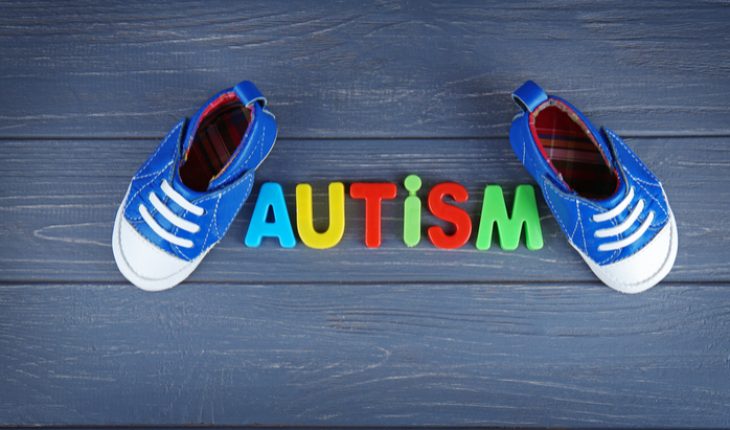I am proud of having initiated Britain’s National Autism Project (NAP). This started in late 2014, reported in 2017 and has just moved into its legacy phase.
Its original purpose was to map the existing research base on autism and provide authoritative recommendation on what further research was needed. A team from the London School of Economics (which I earlier successfully sponsored in 1997 and 2007) found the evidence base for many activities and practices to be of limited or poor quality. But others were beneficial, and a few were also cost-effective.
NAP led to a Commons debate on autism and to the Westminster Commission on Autism which made its first report (on Access to Healthcare) in 2016 and is about to issue its second (on Harmful Autism Interventions). NAP’s own report, published last year “The Autism Dividend: Reaping the Rewards of Better Investment” addressed all four UK nations; and was described by the industry guru Professor Sir Michael Rutter as the best review of the field to date. NAP also published short essays on “The Future I’d like to see” from Strategy Board members chaired by Dr Elizabeth Vallance.
Probably the smartest thing the NAP Director Dr Ian Ragan did was to have (and learn to use) an Autism Advisory Panel. Its nine members helped NAP’s non-autistic members to understand what is really needed. General principles are simple: to recognise people’s individuality, different needs and preferences; to balance many autistic people’s wish for greater autonomy by effective support structures.
None of NAP’s recommendations are particularly new. But they differ from the “I think this” and “you believe that” in that they are evidence based, supported by over 400 references, and endorsed by 24 organisations from Ambitious about Autism through the alphabet.
NAP is probably the most important work I have contributed to the autism field. And led me naturally into a National Autistic Taskforce – a revolutionary development – funding this group of people with autism and allowing them to determine their own topics (so long as they were associated with autism spectrum disorders!).
To date, the Taskforce has concentrated on the sector “without a voice” i.e. those with autism and also learning disability. Two examples: to join up the current official guidelines on restrictive interventions; and reduce the need for such actions. In addition to managing such crises, the Taskforce advised supporting the restrained person post-event and thorough de-briefing of all involved staff. The Taskforce is addressing many basic and ethical issues such as rethinking the dubious licence to restrain “to avoid damage to the dignity of adults around”.
Philanthropy is based on the idea of fairness. Yet the national annual cost of autism is a staggering £32bn compared with £13bn for cancer. Whereas the research spend is a mere £6 per autistic person compared with £220 per cancer patient. What is fair about that?
- Autism: Puberty and sexuality - 4th September 2020
- Update on Autistica - 7th May 2019
- Autistica’s Discover Network - 7th December 2018







Good work done. I have a feeling that parents who work with their Low IQ, nonverbal, noncommunicating autism children at home or in an institute, must be helped from all points of view and they must be paid by the Government a salary equivalent if not more than what is being paid to the teachers working in special schools for autism, and intellectual disability. That is my personal experience to say that such parents do more work than the teachers do in the special schools.